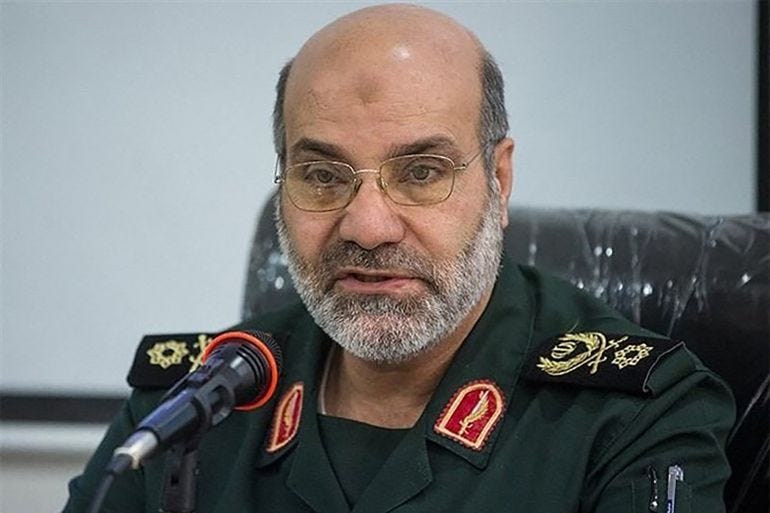Israeli Attacks on Iranian Consulate in Syria
The US and Its Allies Refuse To Condemn Israel's Illegal Aggression

During an UN Security Council meeting on Tuesday 2 April, the US and its European allies, the UK and France, failed to condemn the Israeli airstrike on the Iranian consular mission in Damascus a day earlier in which 13 people were killed.
In the Security Council meeting which was called by Russia following Iran’s request, representatives of France and the UK refused to acknowledge the Israeli role in the attacks and rather blamed Iran for provoking regional escalation.
The US representative Robert Wood also refused to condemn Israel and instead warned Iran against any further escalation. He claimed that his country is opposed to attacks on diplomatic missions, however, there is no clear information whether the building hit in Damascus on Monday was a diplomatic establishment.
The UN Secretary General Antonio Guterres however, condemned the act underlining that the “principle of the inviolability of diplomatic and consular premises must be respected in all cases,” Assistant Secretary General Khaled Khiari informed the session.
At least seven Islamic Revolutionary Guards Corp (IRGC) officials including a senior commander General Mohammad Mohammed Reza Zahedi and Zahedi’s deputy, Brigadier General Mohammed Hadi Haji Rahimi, working as advisors to the Syrian government were killed in the attack along with six Syrian citizens.
Reactions by the US, the UK and France invited sharp rebuttals from Iran and Russia.
US is responsible for any regional escalation
Speaking during the session, Iranian representative Zahra Ershadi claimed that the US “is responsible for all crimes committed by the Israeli regime” and blamed that refusal to condemn Israeli violations of international law by the UK and France amounts to encouragement.
Ershadi listed the laws and conventions violated by Israel during the attack on Monday on the Iranian consulate in Damasus and called it a “terrorist act.” She also called Israel’s repeated attacks inside Syria a “real threat to regional and international security.”
Claiming that Israel is getting away with its criminal acts against Palestinian people in Gaza and in the occupied territories, Ershadi underlined the need for accountability. She demanded action from the Council to make Israel fulfill its obligations under the UN charter and international laws.
Russian ambassador to the UN, Vasily Nebenzya said his country strongly condemns Israeli attacks. He claimed that such acts can cause greater escalation of war in the region and must be avoided. “We believe such aggressive actions by Israel, which are designed to further inflame the conflict, are unacceptable and must be stopped” he said.
Nebenzya also underlined that blame for any possible escalation of the situation due to Israel’s aggressive acts would be entirely on the US, the UK and France for their encouragement of its aggressive behavior by refusing to condemn such brazen acts.
China also said that Israel should not be allowed to get away with its gross violations of Vienna Convention and strong action should be taken against it.
No amount of attacks can weaken regional solidarity
Syria’s permanent representative to the UN Qusay al-Dahak accused that the Israeli attack was carried out with the support of the US. Al-Dahak claimed it is because of the US support that Israel is able to commit crimes against humanity inside Gaza and at other places without any repercussions.
Israel has launched several attacks inside Syria since 7 October including the attacks last week on Aleppo airport killing scores of people and destroying civil infrastructure. It claims that Iran has been using Syria to provide support to Hamas and other regional players such as Hezbollah which have opposed the war in Gaza.
Al-Dahak, however, reiterated that no number of Israeli attacks inside the country can dissuade his country from supporting Palestine or talking about the return of the Arab lands occupied since 1967. Iran also reiterated its support to the Palestinian cause.
In a separate message, Syrian Prime Minister Hussein Arnous stressed that what happened on Monday would not affect the countries in the region to strengthen their relations with each other and independence of their foreign policy, SANA (Syrian Arab News Agency) reported.



